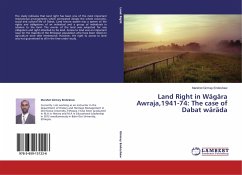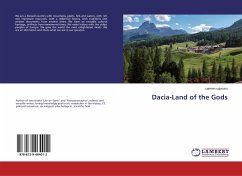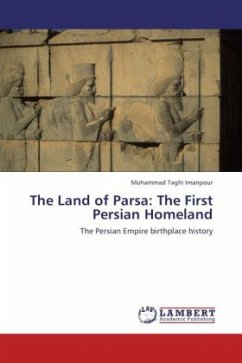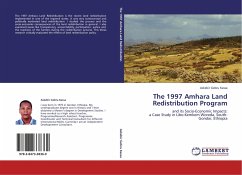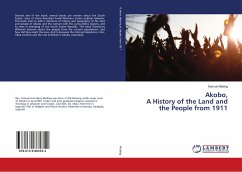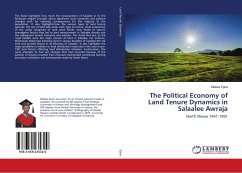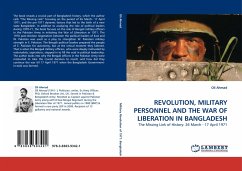To Devour the Land of Mkwawa focuses on the German-Hehe War, which raged across the Southern Highlands of what is now Tanzania in the 1890s. The central question of this work is nature of imperial violence in the African context, in this case perpetrated by German-led colonial forces in their attempt to subdue the large, martially proficient Hehe conquest state. The extreme brutality and destruction that characterized this nearly decade-long campaign resulted not simply from some sort of special path of the German Empire or some sort of culturally encoded national pathology, but rather arose from the interplay of conditions and exigencies on the spot in East Africa and broader, overlapping circuits of violence that connected processes and events across the globe. This work also seeks to destabilize the traditional binary of omnipotent European invaders and passive African victims. These events are a part of world history, not just East African or German history, and they offer one an opportunity to explore the larger issue of how violence and warfare particularly irregular, asymmetrical warfare shaped and continue to shape our world.
Bitte wählen Sie Ihr Anliegen aus.
Rechnungen
Retourenschein anfordern
Bestellstatus
Storno


